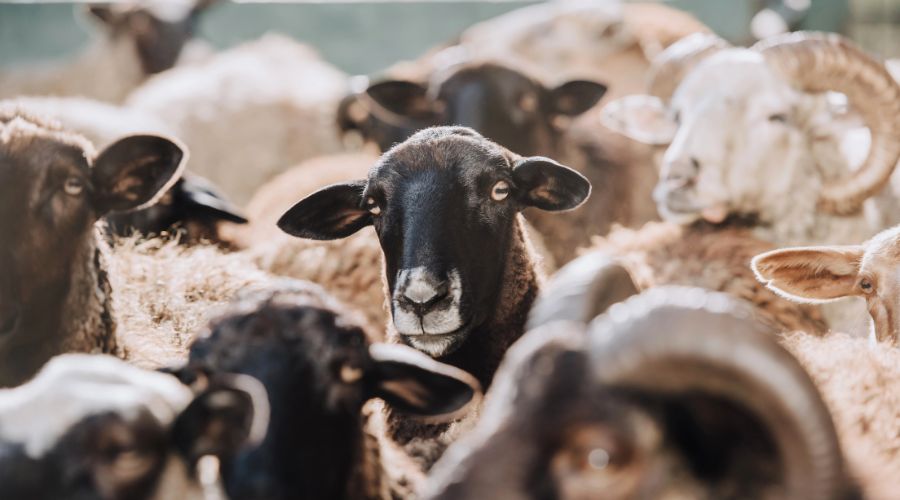Beware of worm burden risk this autumn
24th October 2024
Experts have warned farmers not to take their eye off the ball when it comes to sheep worm control this season, as worm burdens are expected to peak during the autumn.

According to farm post-mortem vet, Ben Strugnell, the intestinal worm Haemonchus has posed a greater challenge than ever across the UK this year, despite it being a problem traditionally associated with southern areas.
“Haemonchus continues to pose a clear and present danger to all sheep, not just lambs, as adult sheep do not build immunity to this challenging worm,” he added.
But Haemonchus is not the only worm threatening sheep farms this autumn.
Mr Strugnell explained that activity of other species is also ramping up and warns that wormers that worked earlier in the year may not be as effective now.
He said: “The prevalence of different worm species changes throughout the year, so those active in the spring will likely be different to those we are now experiencing in the autumn, and require treatment with a different wormer group.”
Vigilance is key
Small intestinal worms can catch up very quickly with weaned lambs, so Mr Strugnell advises vigilance is key at this time of year, as worm burdens can cause major setbacks in growth.
“It’s therefore important to continue regular monitoring of faecal egg counts (FEC), and ideally growth rates, into the winter, to inform if and when you need to worm,” he said.
Following this he highlights the need to work with a vet or adviser to carry out a drench check to highlight whether your wormer has been effective. This involves re-sampling with another FEC test seven to 14 days after worming.
The expert also stresses the importance of making a plan for these ‘tail-end’ lambs now. “Do anything you can to get them off their current pasture: house them, sell them, or move to roots or a herbal ley.
“Lambs at this time of year will be shedding worm eggs onto pasture. Moving them elsewhere will minimise the number contaminating your grazing for next spring.”
He added that this is the perfect time to administer an annual break dose of Group 4 wormer.
“Worms will have accumulated in lambs through the season, so you now need to treat them with something trusted to be effective, such as the Group 4 wormer, Zolvix.
Mr Strugnell explained this will help maintain optimum growth rates by removing worms, including those left behind by treatments earlier in the season, with the added benefit of slowing down the development of resistance to older wormer groups.
For regular video updates on the latest parasite challenges from Mr Strugnell, sign up to The Parasight here.
Read more livestock news.
